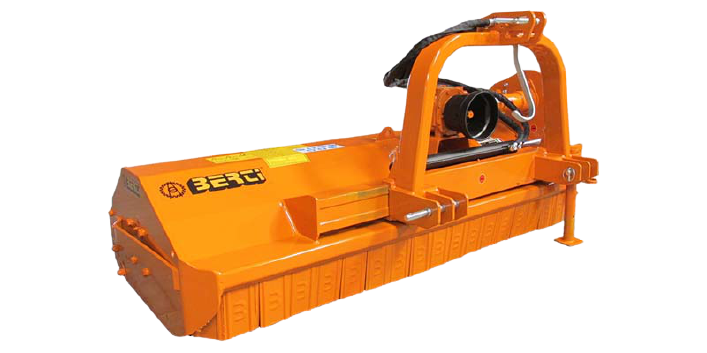Traditionally all cars were made to be manual and with the evolution of technology, nearly all cars you see on the road these days are automatic. However, on the farms and in the agricultural business most of the vehicles come across are manual. Where manual transmission is concerned, the clutch holds great importance and without it, you are going nowhere.
Proper care of the clutch is crucial and clutches
that are maintained properly can last up to 130,000 km or more, on the other
hand, a clutch that is abused will start to fail after approximately 50,000 km
or less.
The clutch is important and clutch testing needs to be done
to make sure everything runs smoothly and so you don’t have to face hefty
maintenance costs. In this blog, we will try to help you understand what causes
the clutch to fail and how to overcome or avoid it.
Causes of Clutch Failure
Malfunctioning of Slave Cylinder or clutch master
cylinder:
A clutch master cylinder is responsible for holding
the brake fluid. This cylinder is connected to the slave cylinder through
hoses. When the clutch is depressed, the brake fluid moves from the master to
the slave where the pressure is applied to engage the clutch.
Both master and slave cylinders have seals that
wear out which causes the leak. The leak is then responsible for the clutch
malfunctioning. Common signs of master or slave cylinder failure include going
all the way to the floor and not being able to shift gears.
Leak in Clutch Fluid:
Clutch fluid is brake fluid. When a leak occurs in
the system it makes it hard to change gears causing the clutch pedal to go all
the way down to the floor. Also, there may be a puddle of brake fluid on the
floor of the garage. The sign of a fluid leak is just a glimpse and it can lead
to serious issues for your vehicle.
Slipping of Clutch:
While clutches are designed to slip a bit when it
first engages or when the gear is changed to provide a smooth ride but when it
is fully engaged there should not be any slippage at all. In many cases, the
slipping can happen when hauling a load or when inclining up a hill.
When slipping occurs, the clutch becomes hot,
resulting in the burning of clutch facings that can potentially damage the
pressure plate of the flywheel. A further potential consequence of clutch
slippage is wear tears. When you see this kind of issue, it needs to be
addressed as soon as possible to avoid additional damage to the vehicle.
Clutch Does Not Release:
There are so many things and factors that lead to
the clutch releasing problem. Everything in between the damaged input shaft
splines to a bent clutch disc to a worn-out bearing retainer. If a vehicle’s
clutch isn’t releasing it should be inspected or tested as soon as possible
because if not, it may lead to serious issues.
Hard Clutch:
A tanks hard clutch is another sign that your clutch
isn’t well. If you experience that your clutch is hard or stiff, it is better
to keep in mind that there is an issue with the pedal linkage or the clutch
cable.
These are some of the problems that occur, and some
of them can lead to serious issues. So, you need to check the clutch properly
regularly for a smooth operating vehicle.


No comments:
Post a Comment